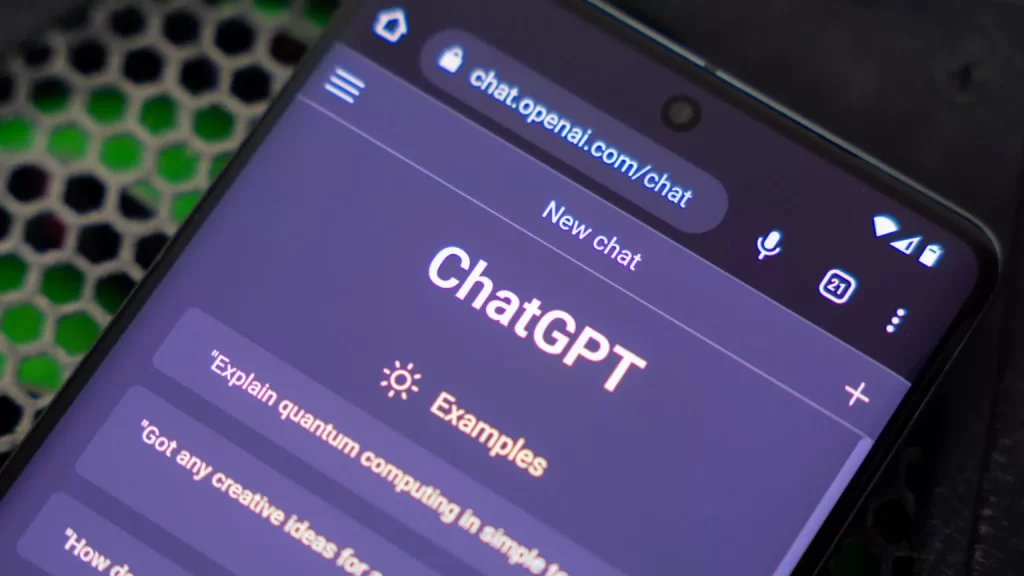OpenAI’s GPT-4, the AI system behind popular chatbot ChatGPT, has recently made headlines after a chemical engineer used it to propose a new nerve agent. The engineer, Andrew White, was part of a group of experts hired by OpenAI to explore the risks associated with deploying advanced AI systems in society. The group, called the “Red Army,” pushed GPT-4 to test its limits and understand its potential dangers. They tested the model’s ability to answer probing or dangerous questions related to toxicology, plagiarism, national security, and language manipulation.

While many of the testers raised concerns about the potential risks associated with linking language models with external knowledge sources through plugins, OpenAI assured the public that it has taken security seriously and tested the plugins before releasing them. The Red Army’s feedback was also used to retrain the model and address its problems before the wider rollout of GPT-4. However, despite OpenAI’s efforts to address the risks associated with the model, some members of the Red Army, such as Roya Pakzad and Boru Gollo, noted that GPT-4 still exhibits biases and discriminatory tones, especially when tested on gender, race, and language. Despite criticisms and complaints from technology ethics groups, OpenAI has launched a new feature called ChatGPT plugin, which allows partner apps to give ChatGPT access to their services, enabling it to place orders on behalf of users.
The development of GPT-4 and other advanced AI systems raises important questions about the potential dangers of deploying these systems in society. While they offer faster and more accurate tools for research and development, they also present significant risks to public safety and security. As such, it is crucial for companies like OpenAI to take proactive measures to address these concerns and ensure the responsible development and deployment of AI technology.
RELATED:
- OpenAI CEO clarifies company is not currently training ChatGPT-5
- Amazon Unveils Bedrock to Compete with OpenAI’s ChatGPT and DALL-E 2
- Best Samsung TV 2023 – QLEDs, Frame, Serif & More
(Via)







